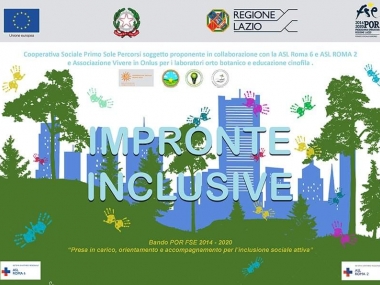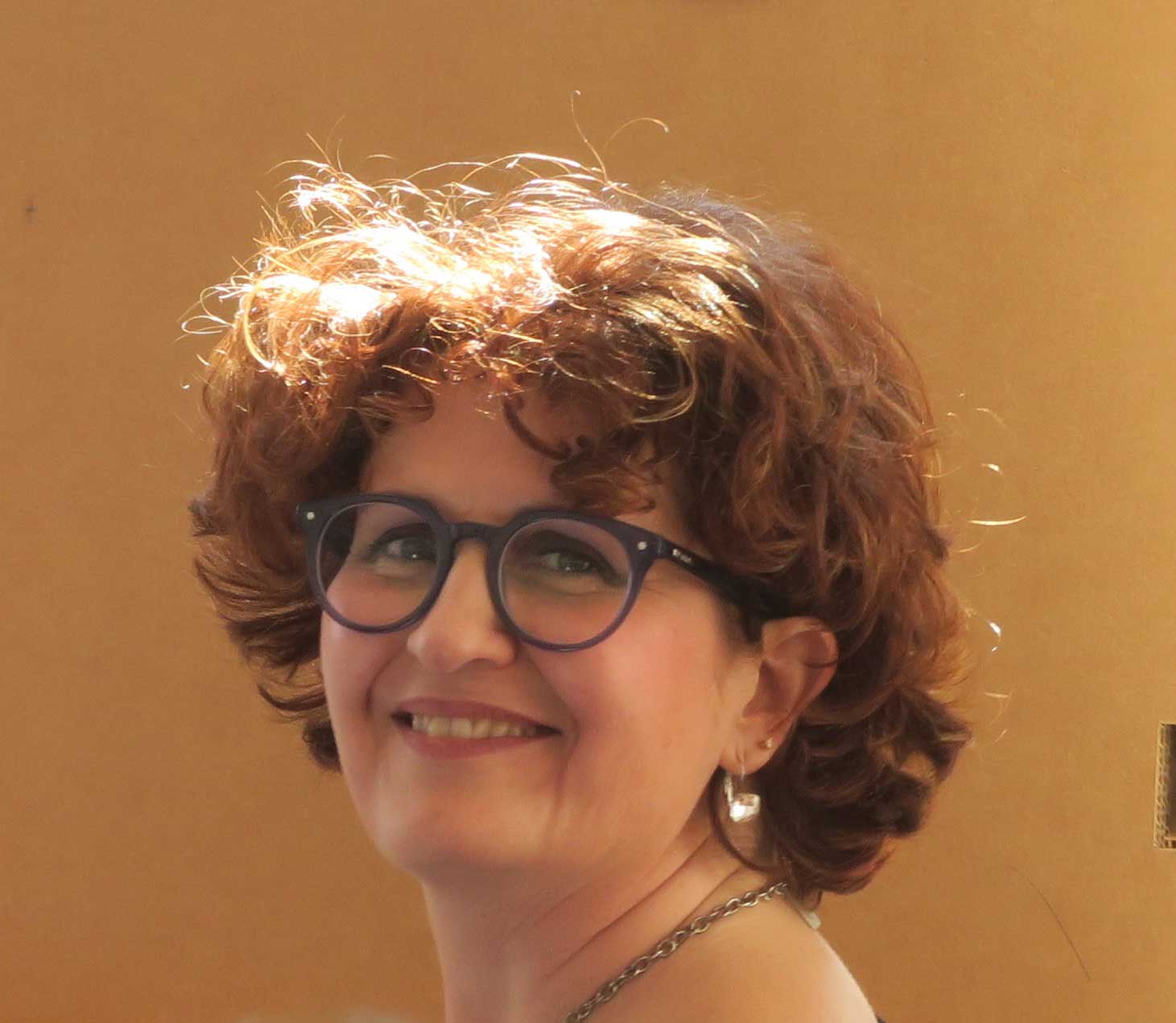Urban gardens: a tool for the integration and therapy of people with social difficulties
Edited on
14 October 2019Urban gardens have always been considered instruments of social inclusion. The regulation of urban gardens of the City of Rome in 2015 facilitates and rewards the presence and participation of socially challenged people, such as the unemployed and those with physical and / or mental disabilities, in activities taking place in an urban garden. This brings to the light another significant use of urban gardens: that of being a valid tool for the care of people.

It is no surprise that in Italy urban gardens have been set up inside hospital grounds to improve the quality of life of long-term patients during their hospital care[1].
The multi-faceted function of an urban garden is also demonstrated through its use as a tool for the integration of socially multi-problematic people, with addiction problems (alcohol, drugs and games), coming from families with serious discomforts, psychotic or in any case considered to be at high risk of social exclusion. It is envisaged to introduce this characteristic in the new regulation of Rome urban gardens which is yet to be approved.
The use of an urban garden as part of patients’ clinical therapy not only accentuates its social character but also entails the employment of gardeners that accompany the patients and introduce them to agriculture in general, and most of all the creation of a strong collaboration with Local Health Authorities (ASL in Italy), mental and social health centers as well as drug rehabilitation centers. This collaboration is vital to the success of the therapeutic path and comes in the shape of availability and presence in the garden of their specialized staff : psychologists , psychotherapists, social workers. Urban gardens provide the land, the tools and any help needed to follow the patients. Moreover, it is worth underlining that this activity can also represent additional advantages such as the possibility of creating new jobs, strengthening the integration of urban gardens in the urban fabric and coming into contact with other realities.
One of the first experiences of this collaboration in Rome is the "Inclusive Footprints" project, conducted by the cooperative “Primo Sole Percorsi” and financed by European funds (POR-FSE), that will allow 11 multi-problematic young citizens aged between 18 and 29 to follow urban cultivation laboratories. They will attend the Ort9-Sergio Albani Park in Casal Brunori two mornings a week from September 2019 to July 2020 and follow their path of social inclusion, constantly monitored and assisted by an agronomist. Every two weeks psychotherapists will conduct personal interviews as well as with their families to identify in time possible difficulties and accomplish together a path of personal growth aimed at their integration into society, making them more self-sufficient and aware of the importance of taking care of another living being, be it a seed, a plant, an animal or a person. In fact, as of November 2019 the sessions at the Parco Ort9 will include the interaction with dogs, already trained for pet therapy, so that these boys and girls learn how to be in the company of animals and how to look after them. The philosophy behind this project is that “taking care of a living being brings well-being to yourself”.
The activity being carried out at the Ort9-Sergio Albani Park in Casal Brunori (Rome) is an experiment at this stage which, one expects, can only lead to positive and outstanding results. In light of this, it seems necessary to highlight the fact that there is no official recognition of the role of an urban garden as an instrument to be included in the therapeutic path of the aforementioned patients. It is an aspect that is not regulated as such neither at national level in Italy nor at EU level. Perhaps RU:RBAN efforts, through its Improvement Plan, should also be channeled in this direction in order to leverage on the need for EU countries to recognize the vital role of urban agriculture in all aspects of the life of a human being.
[1] For example, on 12 September 2018, the urban garden of the Maggiore Hospital in Bologna, Italy was inaugurated. This case is part of the Seminare Coesione project which also involves the Rizzoli Orthopedic Institute and the Sant'Orsola with other urban gardens. (article in Italian: http://www.bolognatoday.it/cronaca/progetto-seminare-coesione-inaugura-l-orto-urbano-all-ospedale-maggiore.html)
 Submitted by Patricia Hernandez on
Submitted by Patricia Hernandez on
